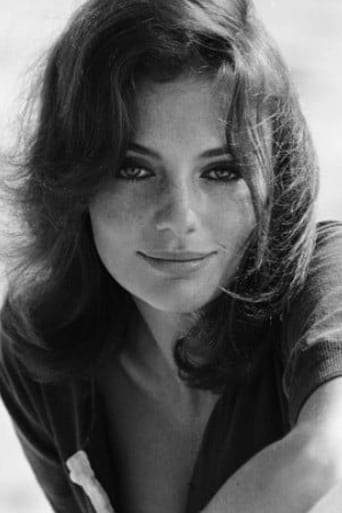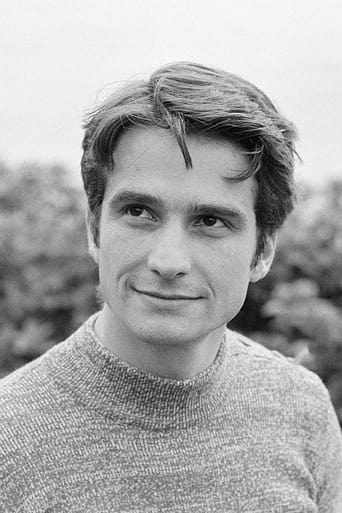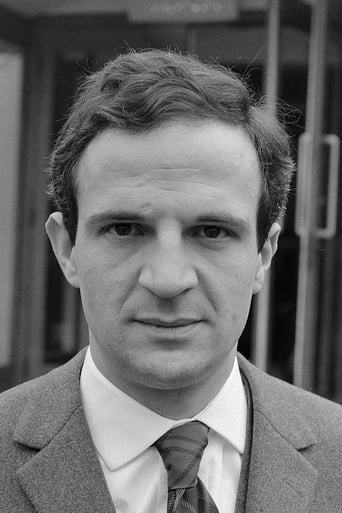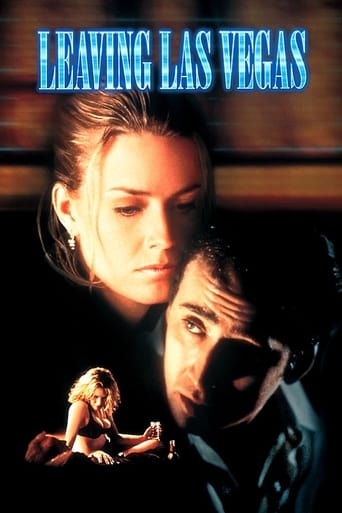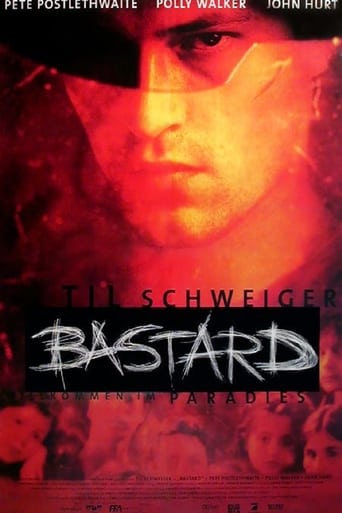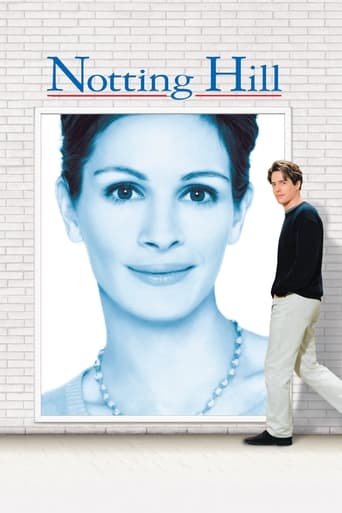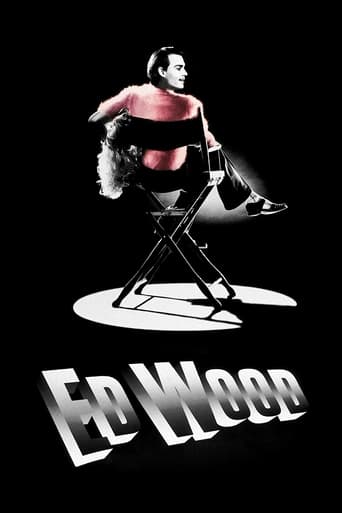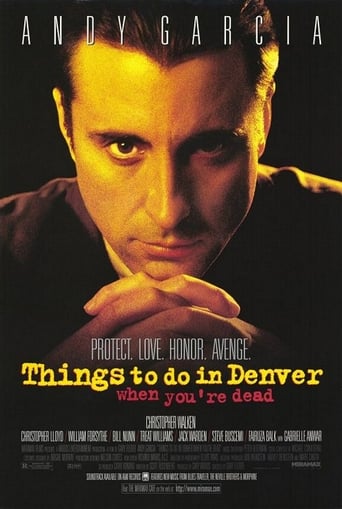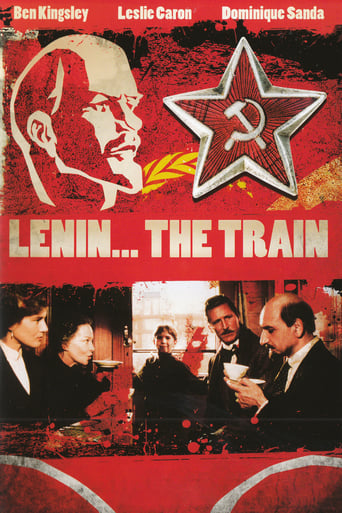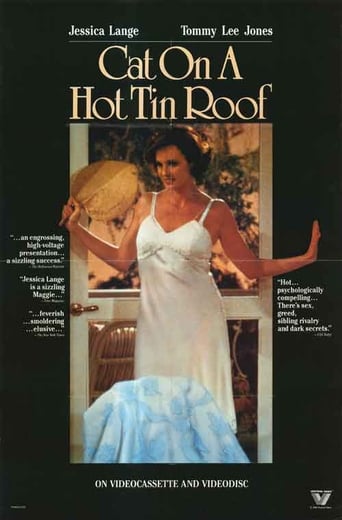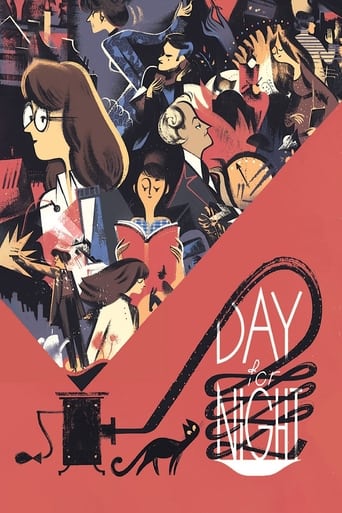
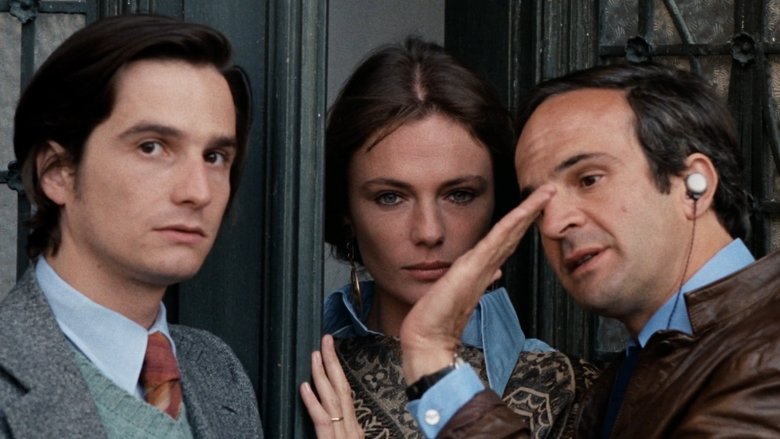
Day for Night (1973)
A committed film director struggles to complete his movie while coping with a myriad of crises, personal and professional, among the cast and crew.
Watch Trailer
Cast


Similar titles
Reviews
Movie about a movie who's director is the director of the movie's movie. Nice to have a look behind the scenes of film making, although much of it looks rather staged, including bad acting and over-acting. Which makes the fictional movie about people making a movie really looks like people making a fictional movie. In a movie that you don't really like, sometimes there's one scene that almost makes up for the rest of the movie. A scene that you will probably never forget. Like the Japanese guy doing a karaoke act of the Sex Pistols in Lost In Translation, here the WOW scene is the short cat intermezzo. Silence... tension...touched... A moment of true movie magic.
A nicely made love letter to the often chaotic, complicated, drama filled, engaging process of making a film. It should be viewed more as a documentary than an entertaining show, since not that much really happens that holds any meaning. At times, it was even a little boring. It would actually be quite educational to the everyday viewer, revealing a few secrets in the industry. The title, for example, refers to the cinematic techniques used to simulate a night scene while filming in daylight, usually involving filters. I always appreciate it when the director is more than the director. Here, François Truffaut fittingly plays the director. Overall, an interesting if not very captivating film.
Good movie for 1973. The story-line is full of drama caused by the people who go emotional all the time which keeps them away from working decently in the play: Cheating on husbands, disappearing from fiances' life without leaving a note, calling the husband of the woman who slept with you to let him know his wife cheated on him,..I also didn't get how Julie could kiss that guy on the lips after that spying. Also there was a scene where Julie was interviewed and asked if people care if a girl sleeps with her husband's father, to which she answers: "Listen, when I like a script enough to do it, audiences will like it, too." in which, neither the question or the answer makes sense.Made me think, how dramatic these people's lives are in those years? For sure the movies are not real stories, but it gives me an idea on the social situation of the society.
"Truffaut's films are the product of one man alone and that man looks with an equal eye on the problems of the actors, the sound system, the camera. There are no small problems, no great problems. There is only film. For Hindus the world is one; for Truffaut the film is one." (Jean Renoir)La nuit américaine was François Truffaut's 13th film and his most physic film of all. The title refers to a filmmaking technique, we here in Europe call an American night -- an acted night, day which is turned to night, fake. So it would be quite silly for Americans to call it an American night and therefore, they simply call it Day for Night. Day for Night isn't Truffaut's best or his most intelligent film but it is his most perfect film, for its structure. It is a collection of themes that were important for him. It's a synthesis of his production till that day. It is a tribute to filmmaking, or as Truffaut himself puts it: "After making an ode to books it would've been weird not to make a film about film." A film about a film within a film is, at its heart, ridiculously simple. The story about 15 people who have isolated from the rest of the world, who are free to form temporary relationships and who aren't disturbed by the common boundaries of everyday life and work. However, Truffaut has turned this, normally seen as a cliché, into his benefit because the real theme of the film is the transience of emotions. These intense love and friendly relations are extremely painful because they often tend to end so quickly. It is no wonder that Truffaut, as the romantic of the Nouvelle Vague, took this as his most important theme from the topic of filmmaking.As said, Day for Night is a synthesis of Truffaut's production until the year 1973. The presence of Jean-Pierre Léaud as Alphonse, links it to the Antoine Doinel series. But, in this case, Léaud isn't Truffaut's only alter ego because François plays the role of director Ferrand himself. The presence of him, on the other hand, reminds us of The Wild Child (1970), the dreams of childhood memories The 400 Blows (1959), and the complexity of sexual relationships Jules et Jim (1962). But unlike other films about filmmaking (The Man with a Movie Camera, 8½) Day for Night tries to relay an emotion of the practical pleasure which a filmmaker gets from his or her profession and its concrete reality. Already in the beginning, during the opening credits, Truffaut shows us the sound track as concrete whose beauty the viewer can now, finally, observe.Day for Night is all about the holy matrimony of life and art. If life and the world were perfect there would be no art and vice versa. Throughout the film Alphonse continues his research of women, love and cinema -- and eventually ends up asking whether "film is more important than life?" The thesis or more like the basic realization of the film is that film is life and life is film. Film is an imitation of life and life is an imitation of film. If imitation of life can be even greater than life itself which one is the greater? Day for Night includes authentic moments of joy -- how Truffaut actually loves his work -- but also moments of grief, the feeling of loss reflects to the structure and visual substance of the film. To cut a long story short, for its structure, it has got two kinds of scenes: parody-like, cinematic, dramatic scenes and documentary-like realistic scenes which conduct dialog with each other, and get mixed up when we can no longer distinguish film and reality, life and imitation. Day for Night is an ode to film(making) and it portrays a world where fiction and reality have begun to merge.


